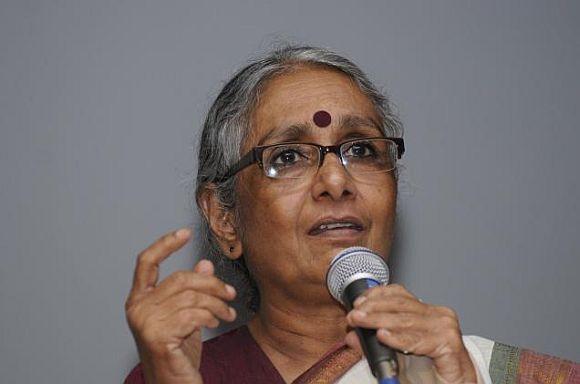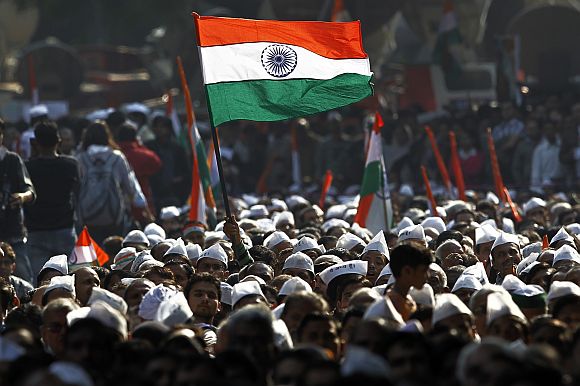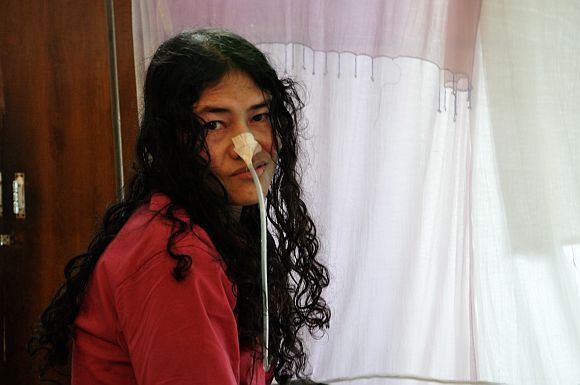
Anna Hazare's anti-corruption movement might have aroused high sentiment in India but social activist Aruna Roy believes it lacked the ideological tethering that is required to hold mass campaigns together and was essentially driven by the mass media.
Debating protests, their forms in India and their inclusiveness at the Jaipur Literature Festival, Roy said while "mainstream Indians" were all too happy to join the Jantar Mantar protest, they are least bothered about a plethora of other struggles going on in India.
Please click NEXT to read further...

"Corruption is a huge preoccupation of India. An anti-corruption campaign is bound to be a good campaign, but what was lacking in this movement was an ideological tethering which is crucial to any kind of political movement," she said.
Roy was one of the social activists who had dissociated themselves with the core team of Anna Hazare over their rigidity over their draft of the Lokpal bill.
"When you call for eliminating corruption people will join you, but the moment you say you want to get rid of corruption only in a particular way, it becomes a problem," she said at a session in Jaipur where panelists debated the logistics of movements in India.

Roy said Dalits too felt marginalised by the anti-corruption campaign, and the people who joined in had little sympathy for parallel struggles like the 11-year-old anti-AFSPA hunger strike of Irom Shormila in Manipur.
"Shormila's fast is not popular because mainstream Indians who support the Jantar Mantar protest want army rule in Kashmir and Northeast, they do not quite mind the loss of democratic rights for a huge chunk of people," she said.
Also criticising the selectivity and discrimination the media shows while covering different sections of people, Roy said, "There is never a TV shot shown of tribals who are mobilised for their causes. The behaviour of the Indian state is creating more insurgents," she said.
